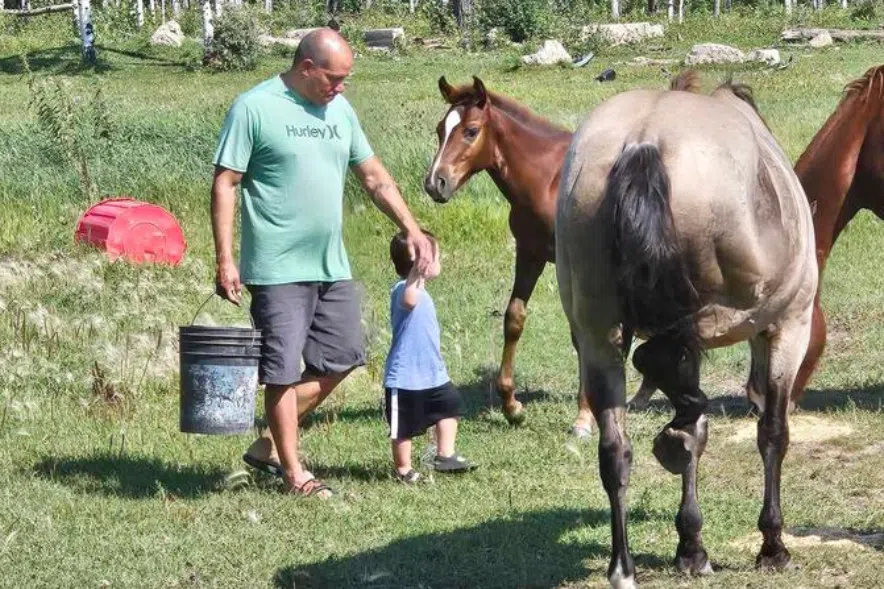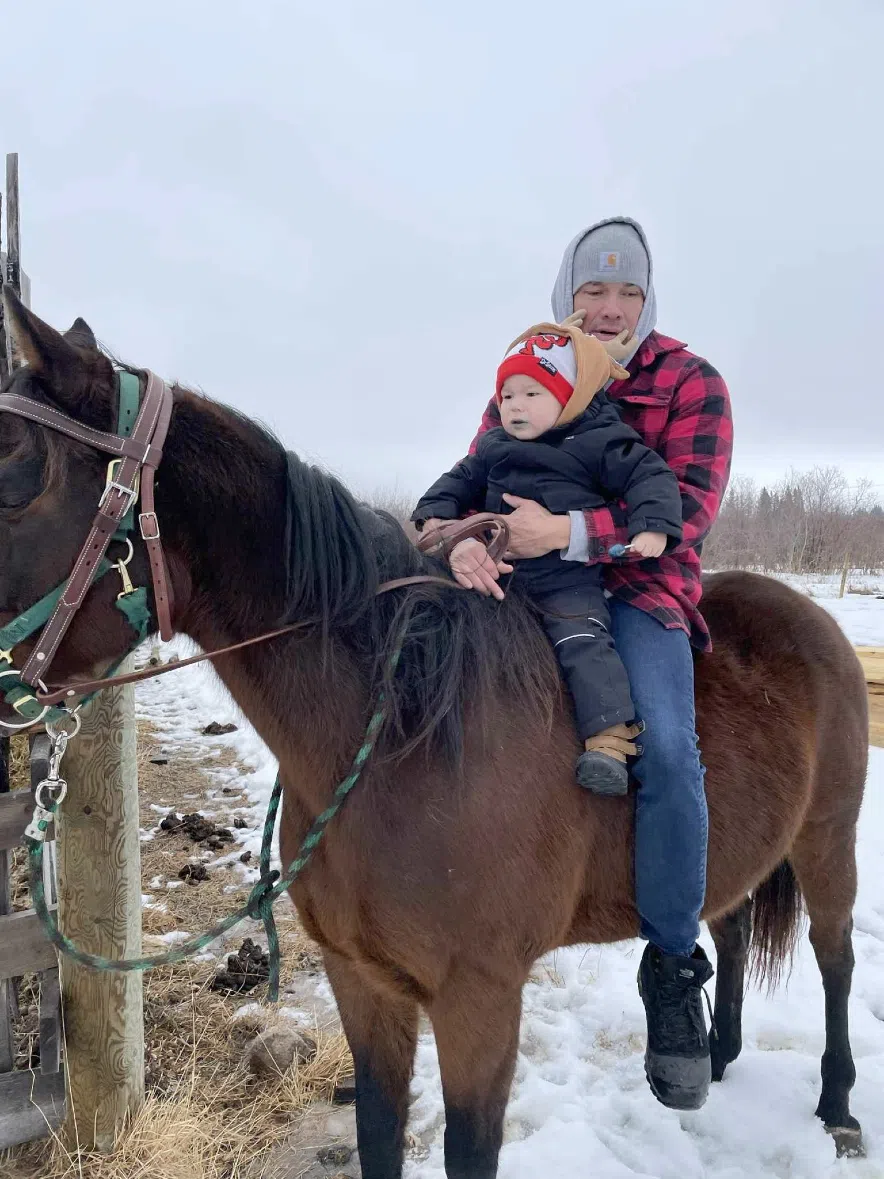The first time Rodney Nataucappo got drunk or high, he was six years old.
Nataucappo said he believes he was born into addictions and it runs in families, just like being a lawyer or a doctor or a police officer runs in families.
“There’s just different things you’re born into. And for me, I was born into trauma. So obviously, that is what stems from trauma is addictions,” he said. “My first memories in life are of physical abuse and sexual abuse.”
As a child, he recalled tiptoeing through blood and glass barefoot when he woke up – and that was a normal thing.
He started using at a very young age and he started wanting to hurt himself at a very young age too.
“I was a young kid – a really young kid – I remember being five and six years old and already wanting to end my own life.”
Neglect, trauma and abandonment weighed heavily on him and sent him right into the cycle that created the trauma in the first place: addictions.
“I was heavily addicted, I ended up joining a gang. I got heavily involved into the street life, into violence,” Nataucappo remembered.
He became the perpetrator of violence, which added to the shame and guilt he felt.
“I was living with the only – to me at the time – the only rational route to go was addiction to cover all that stuff up.”
He was the third generation of his family to attend a residential school.
“I was born into violence and I was born into trauma. That just snowballs and it just progresses.”
His drug addiction started with cocaine but he said meth is cheaper, faster and lasts longer.
“That is ultimately the big thing,” Nataucappo pointed out.
While in active addiction, he would spend $1,000 per day to feed his habit, an unsustainable amount of money unless the user is dealing or doing other things to earn it.
“It’s not enough to feed your habit so for me I resorted to other things. I resorted to crime, I resorted to violence.”
In February of 2016 he was arrested for armed robbery and subsequently sentenced to four years of incarceration at the federal penitentiary.
“So that’s where my sobriety began. Not exactly as soon as I got in, but a little while after.”
What worked is the supports and stability that are offered in jail. He has now been sober for seven years.
“When you think about street life and you think about people who are constantly in and out of trauma and addictions, they’re never stable.”
Throughout his life, he said on multiple occasions he made the choice to stop using but his addiction got the better of him.
Like other addicts that talked to paNOW, Nataucappo said overcoming the addiction requires honesty and confronting the trauma that created it in the first place.
“If you’re not honest, it’s always gonna creep up on you, whether its drugs or alcohol or gambling or sex or relationships.”
After nine attempts in treatment centres, Nataucappo found what he needed in Bowling Green, Kentucky. It wasn’t a drug and alcohol centre, it focused only on childhood trauma. He said he also got really tired “of all the BS you put yourself through.”
It got old and he ended up hating himself and everyone else whenever he woke up and couldn’t remember the day before.
He uses positives to overcome the negatives, and one way he said is to do things for other people.
He said it’s a universal wish for people to want a good, clean and healthy life, no matter how down and out they are, so he never gave up on the dream.
Despite many relapses and setbacks, he continues on his sober path. He worked for Str8 Up – an organization that helps people leave gang life – for a while and now is a member of its board of directors.
He also recognized the need to leave behind anything to do with his previous life and the feelings it triggered in him.
“But if I wanna do, if I wanna get healthy, if I wanna get happy, if I wanna get better, I need to make some different choices in life. And I need to make some significant changes. Even if that meant leaving the people I love behind, right?”
He doesn’t spend a lot of time with his family as many are still heavily addicted themselves, but in order for him to succeed, it was necessary. He moved from Saskatoon to Prince Albert and now works at preventing others from making the same mistakes at Yellow Quill First Nation as a cultural liaison.
- If you or someone you know is struggling with addiction you can call the National Overdose Response Service at 1-888-688-6677. This toll-free, 24-hour hotline aims to prevent deadly overdoses by connecting people who are alone and using drugs with peer volunteers who can call for help if needed.
Read more












